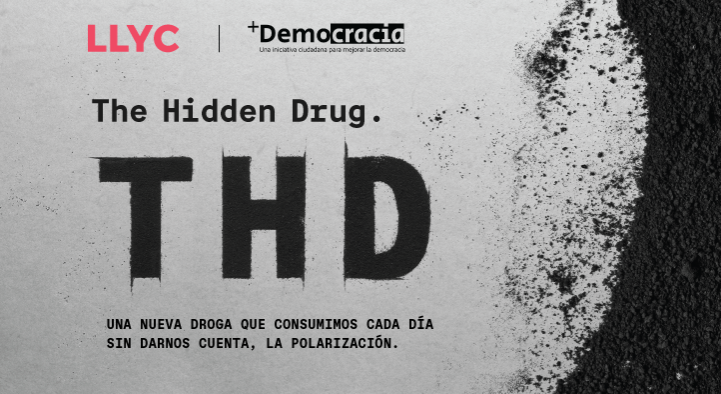Lately, every time I open X, the social network formerly known as Twitter, I find a recurring scenario in those content threads suggested by the platform.
When I display one that I know is going to be controversial (a news item about a political conflict, an opinion on social movements such as feminism, a criminal act whose authorship is going to end up being attributed to someone whose origins are perhaps far from Spain…), I find that most of the first posts are not displayed because the author is blocked.
Obviously, I have blocked them. In a high percentage, these are authors who pay for X Premium, which enables them to have their posts seen ahead of those of ordinary mortals.
And since I tend to use X more for blocking than for reading, sharing and discussing, the result, along these lines, continues to increase. What was once Twitter is not that it looks comatose to me; it’s that it shows a trend of widespread collapse of all the major social networks.
The most global platforms, such as TikTok, Instagram, Facebook and even LinkedIn, are going through a paradoxical situation.
While their user numbers remain very high, at least for registered users, the perception that they do not represent comfortable or safe spaces is also increasing.
The case of X is possibly the most paradigmatic, but it is not the only one. Recently, we learned that more than 400 employees in Barcelona, dedicated to reviewing audiovisual content on Meta’s social network to validate it or not, had left due to the emotional impact of being exposed eight hours a day to material that is often very difficult for human beings to digest.
Friendly networks… but not very secure
Platforms that we consider friendlier, such as Instagram and TikTok, are flooded with content whose negative consequences no one seems to be proactively moderating, while the application of automatic filters and others that are activated when groups make coordinated content complaints lead to the banning of posts and profiles without any understanding of the criteria that allow such measures.
Meanwhile, thousands of people create mirror profiles that replicate the publications of the popular Llados in which they remind us, to put it very simply, that if someone like him can be a millionaire, you should be ashamed of having achieved it.
F**k. Join their troop of followers at a rate of 100€ per month and try to earn 30% of their profits by recruiting more people like you for the cause. It is curious how much this resembles a multilevel business or the mechanics of pyramid schemes. The case of online memberships is worth addressing in another post.
Space for polarization
The polarization documented by numerous studies, such as “The Hidden Drug” by LLYC or the most recent book “Un mundo de mentira“, by Xurxo Torres, is evidence of this.
There is no middle ground between one position and its presumed opposite, such that a lack of positioning is judged in public as a form of positioning oneself in the middle ground, not always for the better.
Consequence? Many prefer to remain alert, read and not produce to avoid collective sanction.
“The most global social networks have served us as a tool first to connect, second to share and third to position.”
The most global social networks, acting as gigantic public forums, have served as a tool first to connect, second to share and third to position. And in this last phase, some of those who were seen as altering the “system” from populism and disinformation have found the endorsement of millions of people, turning arguments that were often refuted and out of place into provocative and apparently worthy messages.
We can all have an opinion, but few opinions need to be shared.

Towards micro-segmentation
Spaces like Mastodon or Threads have played with the possibility of being a third way towards the recovery of a healthy dialogue. But perhaps it is to WhatsApp and Telegram groups where much of the micro-segmented conversation by topics of interest and professional profile that was previously shared openly on Twitter has moved. At the risk of becoming echo chambers, they nevertheless provide the filtering and control capability that has been lost in other contexts.
Will large platforms become one-way environments where there is only room for feedback in the form of praise or criticism? Will we return to the forum as a model for escaping social tension?
Many years ago, at the end of 2008, I participated in the communication of the launch of Blinko, a mobile social network (when it was not so common that they were designed to be consumed from a smartphone) that marked a ceiling of twenty friends in the network of contacts. Twenty.
Who knows if the backlash will reach that point. Spoiler: that didn’t work.
In the meantime, I’m going to spend a few minutes blocking profiles on X whose opinion and value scale I didn’t need to know. It is therapeutic.










